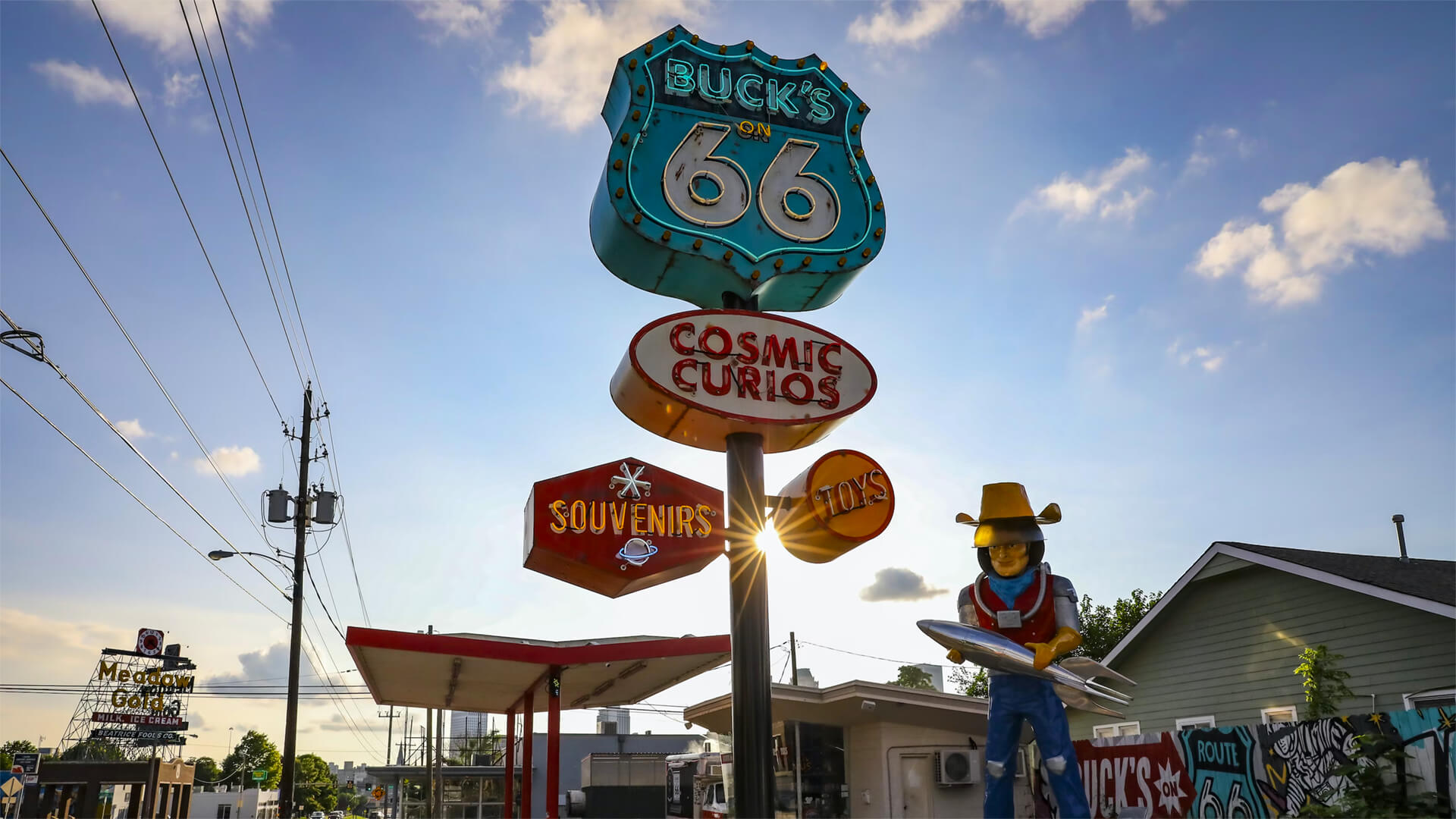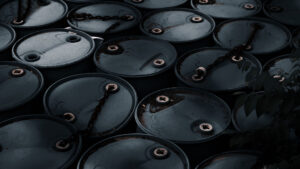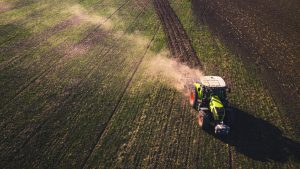That pan-shaped state above Texas offers much more than just tornados and sports. The Sooner State has done most of the heavy lifting in establishing itself as an agricultural, precision manufacturing, and energy state. All that to say, Oklahoma is not only a leader in the US but globally as well.
Oklahoma is like Texas’ little brother…they do a lot of the same things, but trying to compete with the big dog is pointless. However, that doesn’t mean Oklahoma cannot progress along the value-added chain in preparation for the collapse of globalization.
Oklahoma already has a robust refining industry. It wouldn’t take much to start producing the plastics, housewares, and synthetic rubbers that could face supply chain issues in the coming years. They have all the raw goods; they just need to build out the last step…and some better rail lines wouldn’t hurt either.
Prefer to read the transcript of the video? Click here
Here at Zeihan On Geopolitics we select a single charity to sponsor. We have two criteria:
First, we look across the world and use our skill sets to identify where the needs are most acute. Second, we look for an institution with preexisting networks for both materials gathering and aid distribution. That way we know every cent of our donation is not simply going directly to where help is needed most, but our donations serve as a force multiplier for a system already in existence. Then we give what we can.
Today, our chosen charity is a group called Medshare, which provides emergency medical services to communities in need, with a very heavy emphasis on locations facing acute crises. Medshare operates right in the thick of it. Until future notice, every cent we earn from every book we sell in every format through every retailer is going to Medshare’s Ukraine fund.
And then there’s you.
Our newsletters and videologues are not only free, they will always be free. We also will never share your contact information with anyone. All we ask is that if you find one of our releases in any way useful, that you make a donation to Medshare. Over one third of Ukraine’s pre-war population has either been forced from their homes, kidnapped and shipped to Russia, or is trying to survive in occupied lands. This is our way to help who we can. Please, join us.
CLICK HERE TO SUPPORT MEDSHARE’S UKRAINE FUND
CLICK HERE TO SUPPORT MEDSHARE’S EFFORTS GLOBALLY
TRANSCIPT
Hey, everybody. Peter Zeihan here coming to you from Oklahoma where the winds are strong and the gasoline is so cheap. Anywho, as I’ve been traveling around the country for work, I’ve been doing little bits like this on where I see these various parts of the country go in and what they need to do to do better and what their strengths and weaknesses are. In the case of Oklahoma, they already have most of the hard work done. This is an agricultural state. This is a precision manufacturing state. And this is an energy state. So a lot of the sectors in which the United States already excels, Oklahoma is a leader not just within the United States, but globally. But there are some opportunities they could take advantage of if they do a little bit more.
So one of the problems that Oklahoma faces is it’s right next door to those damn Texans. And anything that Oklahoma attempts to do, Texas can do at scale with a larger population and better transport modes to the rest of the world. So the best way for Oklahoma to compete is to not. They will never be able to outcompete Texas on the things that Texas does well, however they can feed the beast. So we’ll come back to that in just a second. The whole issue is to move up the value added supply chain. Second, a lot of the processing that happens in raw commodities around the world doesn’t happen in the United States. I mean, we’re the world’s largest refinery. So I probably phrased that wrong. But in terms of our exports, we export a lot of raw commodities, most notably foods and energy. But a lot of this stuff is then taken by other countries with China at the top of the list and then processed locally. And the world we’re moving into, a lot of that is going to break down any sort of security complications in, say, the Indian Ocean or the East China Seas. And you’re going to see the Chinese lose the ability to access that stuff in volume. And that’s going to generate a lot of volatility across the entire commodities space, which means that a lot of that capacity is going to become stranded. And if you’re in a place like Oklahoma that exports a lot of the raw product, you’re not going to have enough people in the outside world to process it anymore. So you might as well do it yourself.
Now, Oklahoma already has a very robust and advanced refining industry, but you can take things a step beyond that. You can not just produce the methanol, you can start producing the plastics. You can produce some of the housewares that come from this sector. You can produce synthetic rubbers. These are all things that exist in terms of the raw form in the Oklahoma system, but they need that next step in order to get value out and go into manufacturing proper.
Oklahoma is also a significant producer of wind power with some great resources, and every fistful of electrons that Oklahoma generates for its own domestic electricity system frees up a handful of molecules for export or use in other projects. Now, Oklahoma has always been a little obsessed with getting into manufacturing and never going to try to talk them out of that.
But they have a problem both in terms of the add on processing and the add on manufacturing when it comes to transport. This is a state that has a robust pipeline infrastructure, most of which goes into Texas, but it doesn’t have good other transport options. And a lot of these products that Oklahoma probably will be very good at in the not too distant future are large and bulky. And right now everything has to be shipped by truck. A better rail system, particularly with an intermodal somewhere in the Oklahoma City, Tulsa area, would be a really good idea because it would then provide the transportation backbone for companies to have confidence to expand into these areas at scale. The alternative is to just keep shipping raw commodities down to Texas and watch the Texans take up this entire product sector.
So from my point of view, all you have to do is build some rail lines. That’s a really easy carry. And Oklahoma’s future, even without that, looks pretty good…with that, it should be fantastic.
Alright. That’s it for me. Take care.








